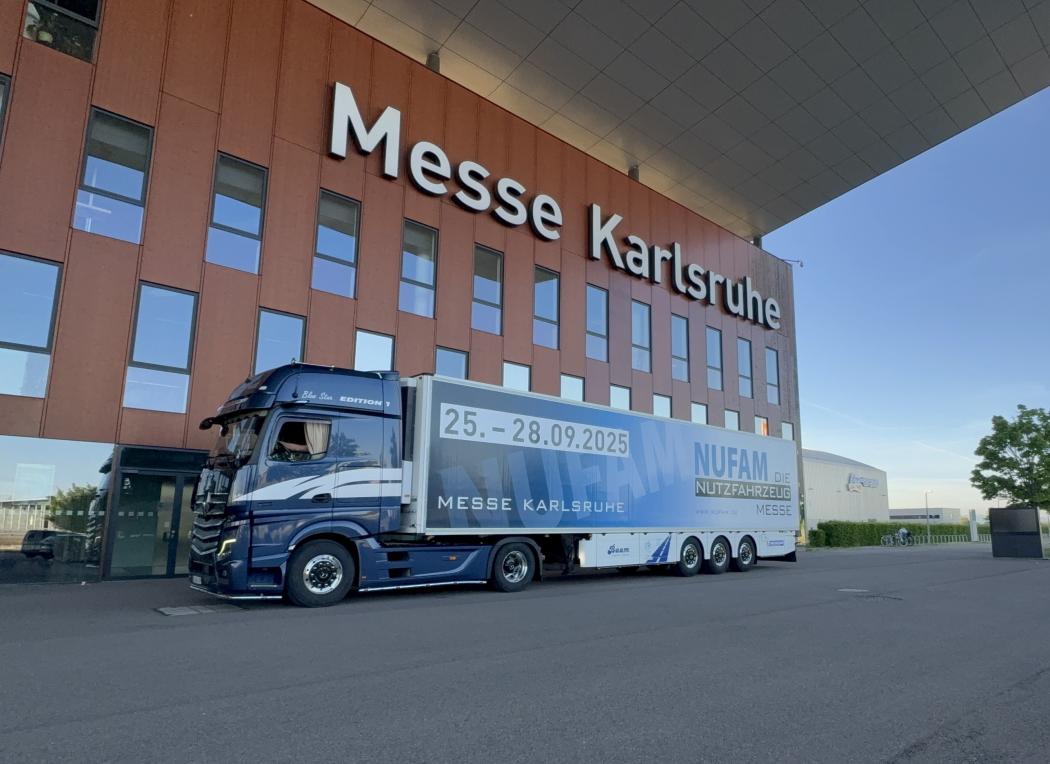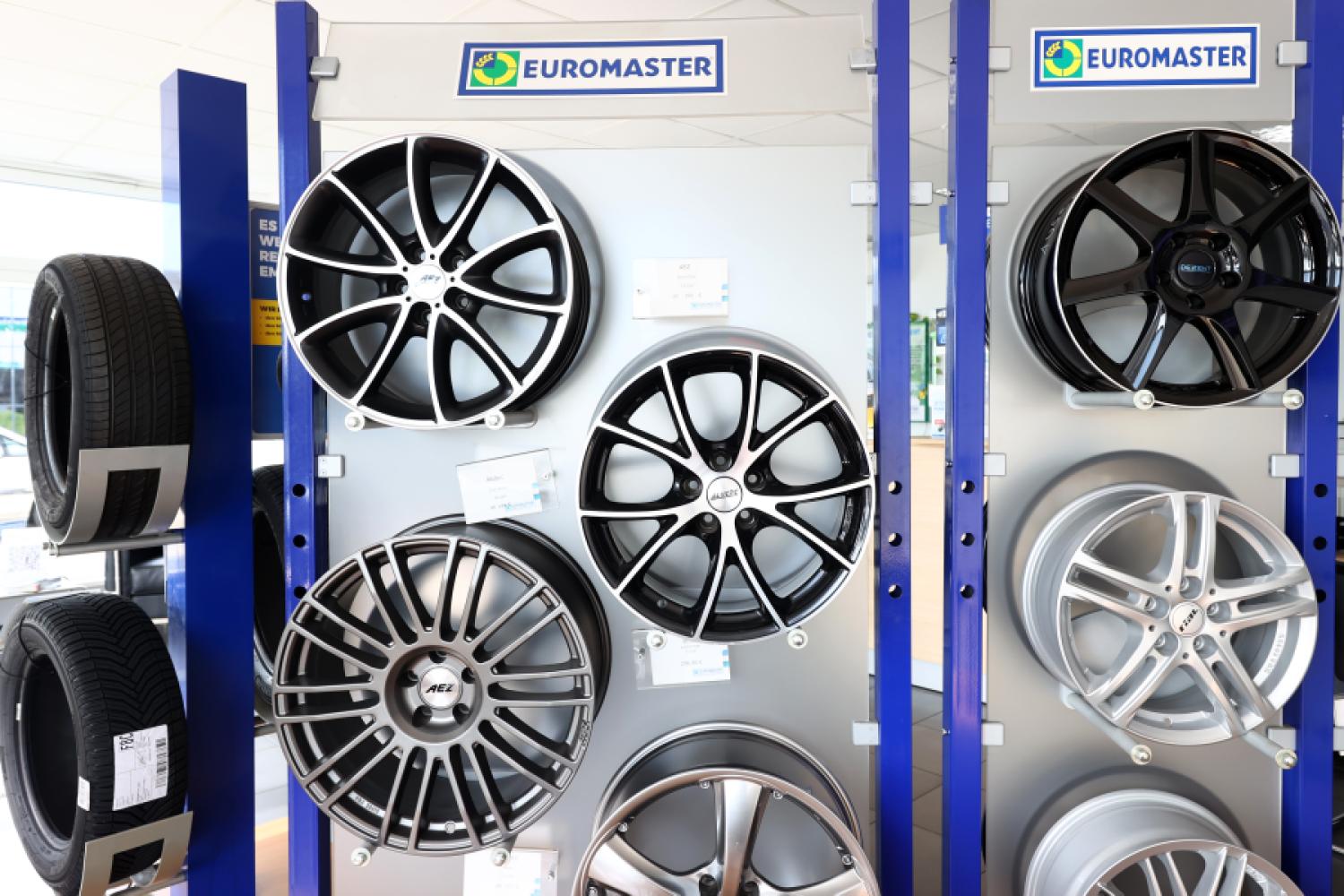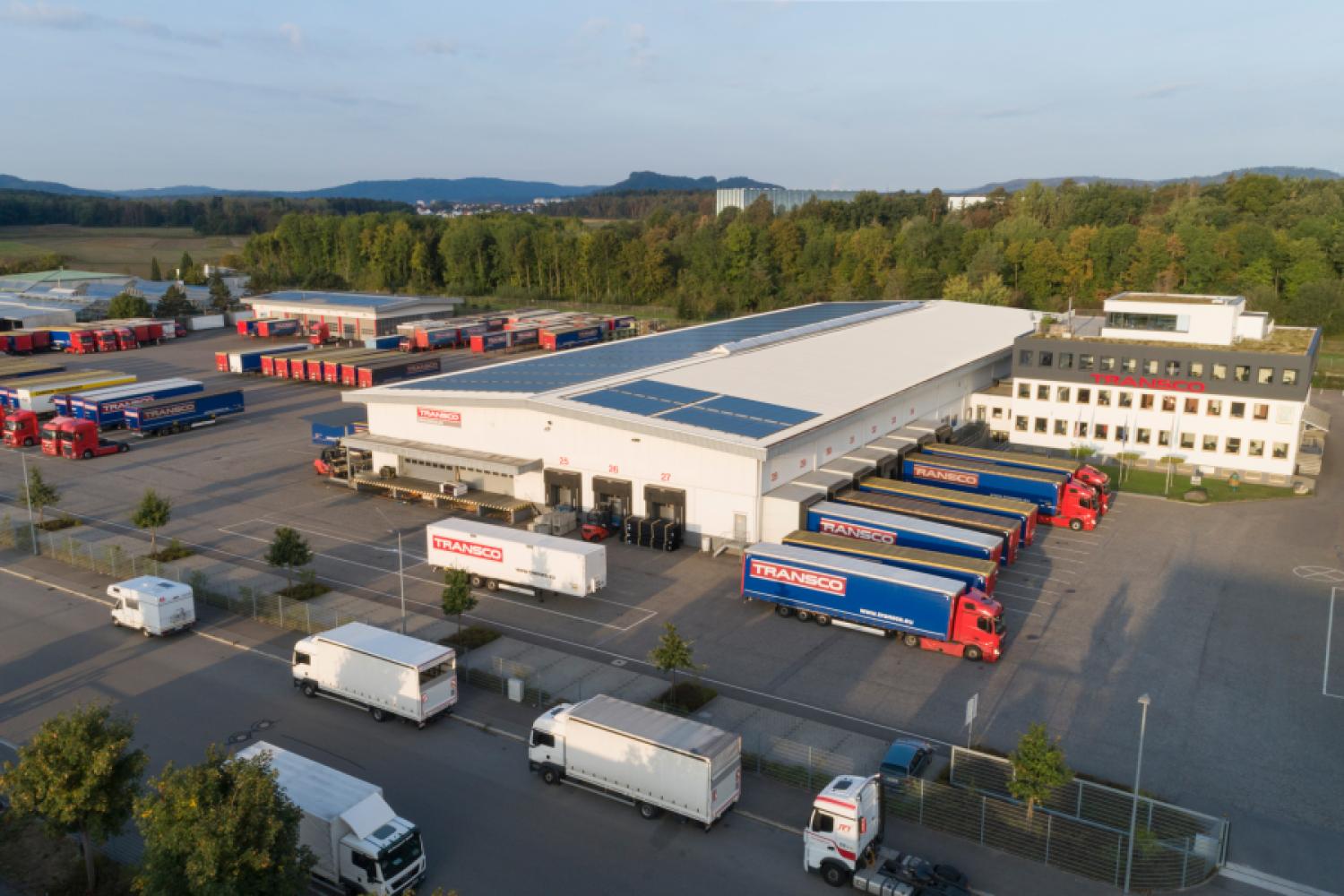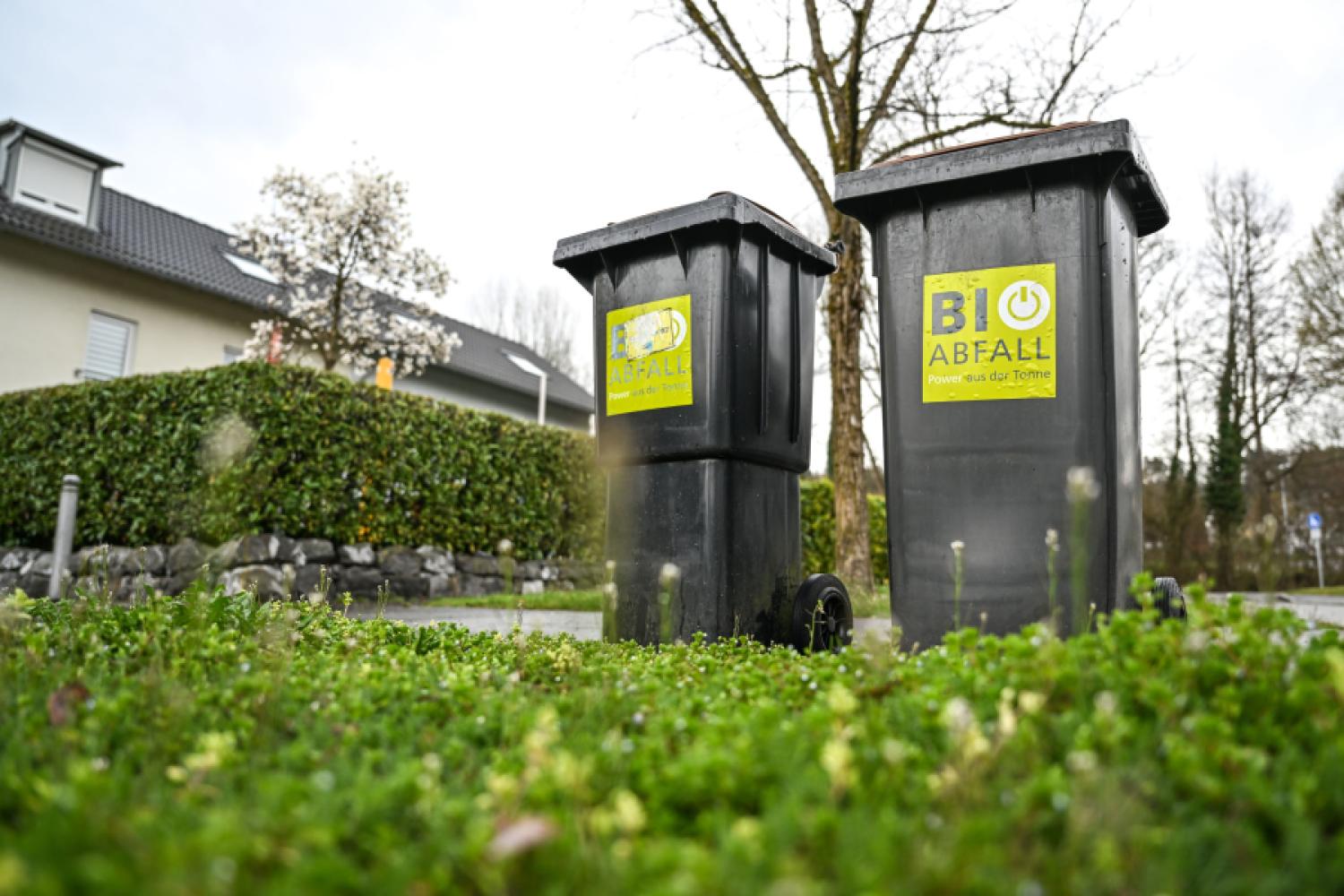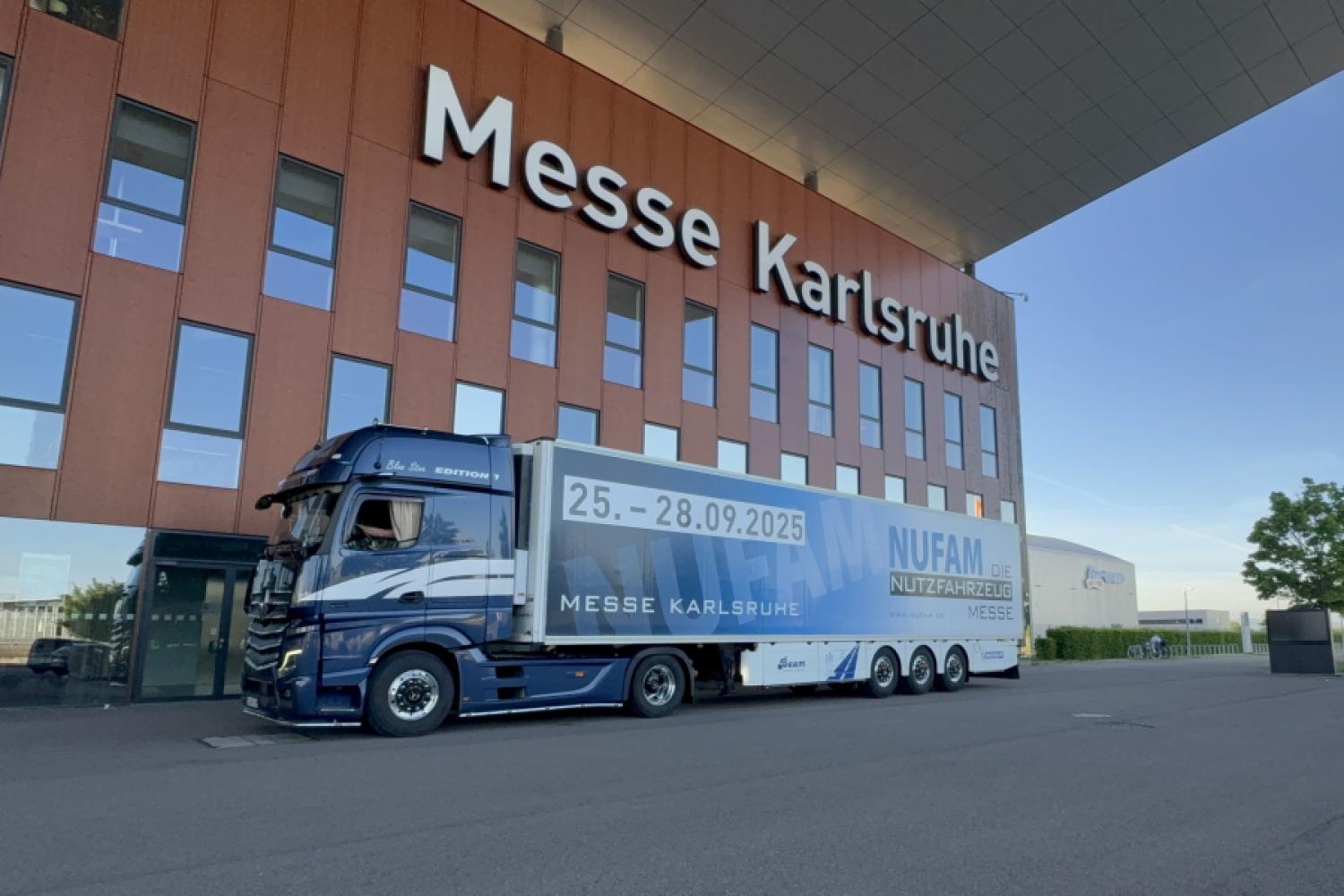The Karlsruhe Trade Fair has provided a first glimpse of Nufam 2025 – and has chosen a new format: This year's Nufam DAY took place exclusively digitally. In a roughly 30-minute video, the trade fair team provided information about current developments surrounding the commercial vehicle fair, which will take place from September 25 to 28, 2025, in Karlsruhe. The contribution includes details about the expanded outdoor area, voices from exhibitors, and for the first time, hints about the planned special show on the topic of hydrogen propulsion.
Nufam Day thus enters its third edition. The first two editions, in 2023 and 2024, were held as in-person events and dealt with current industry topics such as alternative drives or the truck toll. This year's format was intentionally designed to be digital.
"We were able to summarize all information about Nufam compactly without having to forego content," explains project manager Jochen Bortfeld.
The format is particularly suitable for showcasing the redesigned outdoor area, which will offer new presentation opportunities for exhibitors in the future.
Another element of the video: The Nufam team visits selected exhibitors at their operational sites and talks to them about their
plans for the fair. The Karlsruhe Trade Fair consciously relies on continuity and exchange with the industry. Department head Beate Frères emphasizes the networking concept:
"The Nufam Day is ideally suited to highlight the challenges of the industry. At Nufam, we then show what responses our exhibitors have to these challenges."
Focus on the Hydrogen Engine
For the first time, the fair announced its own special show on the topic of hydrogen as part of Nufam Day. The focus is on the hydrogen engine as the third pillar of alternative propulsion technologies in heavy-duty transport. For contextual understanding, the trade fair held a conversation with Dr. Daniel Regina, global development leader at Mahle, and Michael Rhein, development consultant and co-founder of the Hydrogen Engine Alliance.
The alliance sees itself as a representative of a technology often overshadowed in public discourse by battery propulsion and fuel cells.
"We are people, engineers, researchers who believe that battery-powered drives in the heavy commercial vehicle segment are only conditionally applicable," said Rhein.
The initiative originated from a small circle of experts at the Karlsruhe Institute of Technology (KIT) and has grown into an association with over 80
members – including renowned companies like Bosch, Mahle, and other players from the machinery and vehicle construction sectors.
Rhein describes the goal of the alliance as follows:
"We want to make the hydrogen engine socially acceptable, meaning, bring it to recognition – especially at the political level."
Aside from technical clarification, the focus is on questions of environmental compatibility and socio-economic relevance. Particularly concerning jobs, value creation, and technology transfer, the hydrogen engine is a viable addition to existing solutions.
Technical Continuity as an Advantage
Dr. Daniel Regina emphasizes the evolutionary nature of the propulsion concept in the conversation:
"A hydrogen engine is essentially a conventional combustion engine where diesel is replaced with climate-neutral hydrogen."
The technological basis is present, and existing engine platforms can be adapted with relatively little effort.
"So we're not talking about a revolutionary technological approach, but an evolution for which we are also well equipped."
According to Regina, 70 to 80 percent of the components of a diesel engine can still be used.
The technology is particularly suitable for demanding applications in construction, agriculture, or off-road sectors.
"Especially when you imagine operations in a combine harvester or construction
area – you contend with vibrations, with dust, therefore with everything that is not necessarily good for a fuel cell."
It will be seen on the road how the technologies assert themselves in the market.
While the fuel cell is more efficient in certain operational areas, Regina admits. However, in heavier usage profiles, the internal combustion engine can offset this difference through robust technology and lower investment costs.
"At the end of the day, it will be a cost decision," Regina says.
What is crucial is that customers have the freedom to choose between the available propulsion technologies depending on their application.
Outlook on Nufam 2025
The upcoming fair in September 2025 aims to comprehensively illuminate the topic of hydrogen propulsion, including in the planned special show. Hydrogen-powered vehicles will also be showcased, and the various technological approaches will be compared. Until March 5, 2026, interested parties can also visit historic commercial vehicles from Daimler Trucks at the Technik Museum Speyer – a cooperation that provides the Karlsruhe Trade Fair with additional visibility in the run-up to Nufam. Visitors to the exhibition also have the opportunity to receive free admission tickets to the
